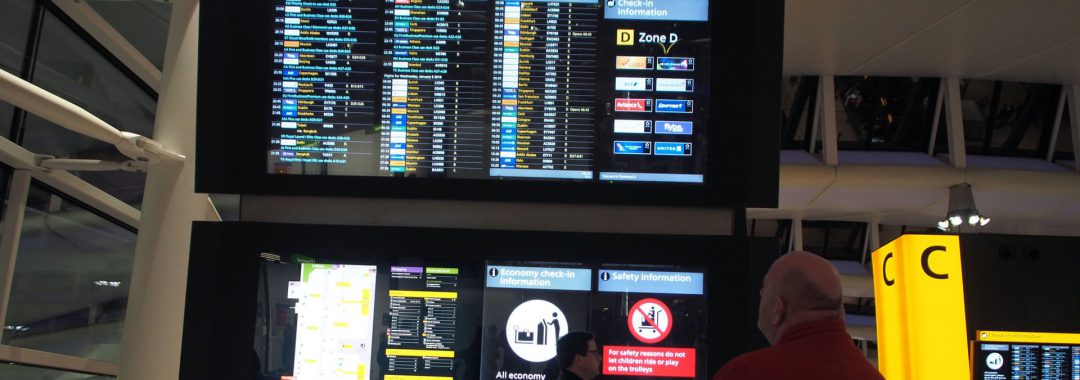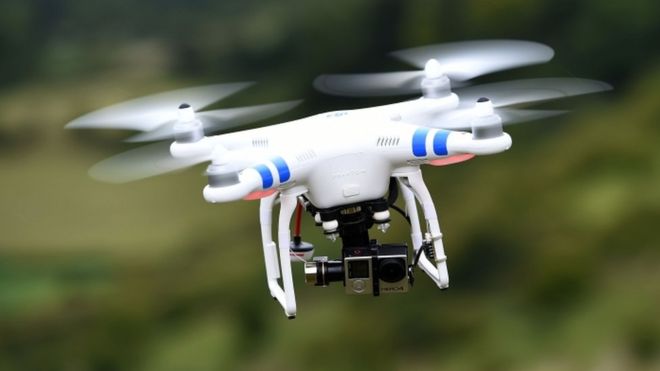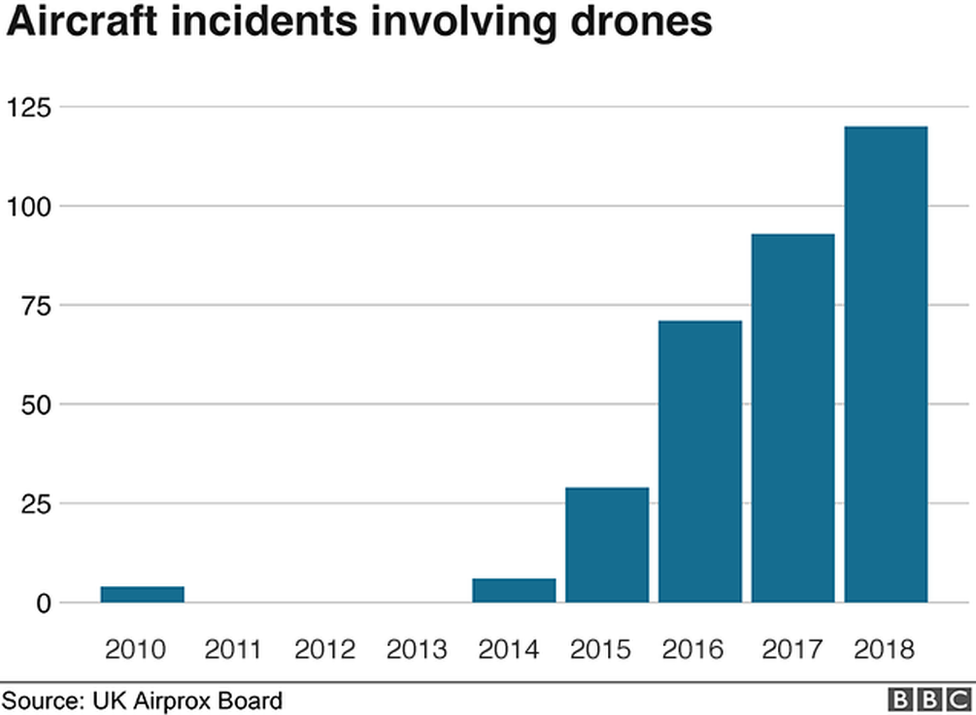Government commits to review laws on use of drones around airports after Tuesday sighting caused one-hour halt
Police hunting those behind a drone flight at Heathrow are investigating whether it was carried out by the same person or group that caused chaos at Gatwick in the run-up to Christmas or if it was a copycat crime.
The sighting of the drone just after 5pm on Tuesday caused Heathrow managers to order an emergency one-hour halt of flights taking off.
The drone’s short incursion around the north runway was witnessed by police officers, giving police chiefs confidence that it was real and not the result of a mistaken sighting.
The device was larger than that seen at Gatwick just before Christmas. After the drone disappeared, measures and equipment stationed at Heathrow were activated which airport bosses hope will neutralise any threat to passenger planes.
Officials trying to deter the drones will not know for sure how well the mitigation measures work until they have to deal with another drone sighting, but have studied what worked and did not work at Gatwick.
The police also appealed to the public for information about the operator of the drone.
On Wednesday the government underlined its commitment to toughen laws on the use of drones around airports after the military had to be deployed at Heathrow following the drone sighting.
The de facto deputy prime minister, David Lidington, said ministers were reviewing the legislation after the Heathrow incident raised fears of a repeat of the chaos witnessed at Gatwick before Christmas, when drone sightings caused flights to be suspended for days.
Asked about the Heathrow incident on ITV’s Good Morning Britain on Wednesday, Lidington said: “Clearly, the government is looking at the law to see whether there are ways in which it could be strengthened.
He added: “What I think the airports themselves have to do is step up and do more of is investment in technology to both detect and then stop drones from flying.”
The Department for Transport confirmed that the aviation minister, Liz Sugg, and the security minister, Ben Wallace, are due to meet the heads of UK airports on Thursday to discuss resilience against drone attacks.
A spokeswoman said: “The government will continue to work closely with a range of stakeholders from industry to explore technical solutions and improve security measures.”
Heathrow said flights were operating as normal on Wednesday morning
. Commander Stuart Cundy of the Metropolitan police said: “Military assistance has been implemented to support us. However, we will not be discussing in any further detail the range of tactics available to us as this would only serve to potentially undermine their effectiveness.”
He added: “Police officers were amongst those who saw the drone and a full criminal investigation has been launched. We are carrying out extensive searches around the Heathrow area to identify any people who may be responsible for the operation of the drone.”
The British Airline Pilots’ Association said the incidents at Gatwick and Heathrow demonstrated the need for tougher regulations.
Rob Hunter, its head of flight safety, said: “The costs of these incidents is going to add to the incentive to take this hazard much more seriously.” Speaking to BBC Radio 4’s Today programme on Wednesday, he said: “The segregation of drones and commercial airliners needs to be better ensured.
“The rules are not pretty strict; they are pretty lax, actually. Currently a drone can operate within 1km of an airfield boundary and that could actually mean that the drone is above approaching aircraft and departing aircraft.
“That 1km boundary needs to be extended right out to 5km. The government announced that they intend to do that, so I think the Gatwick incident has helped.”
He added: “The frustration is that what we have seen is an expansion of this technology, but what hasn’t kept pace is managing the hazard of it.”
On Tuesday, the transport secretary, Chris Grayling, announced measures to give police extra powers to combat drones, including extending a drone exclusion zone around airports.
https://www.theguardian.com/uk-news/2019/jan/09/heathrow-drone-police-investigating-whether-it-is-linked-to-gatwick-chaos


